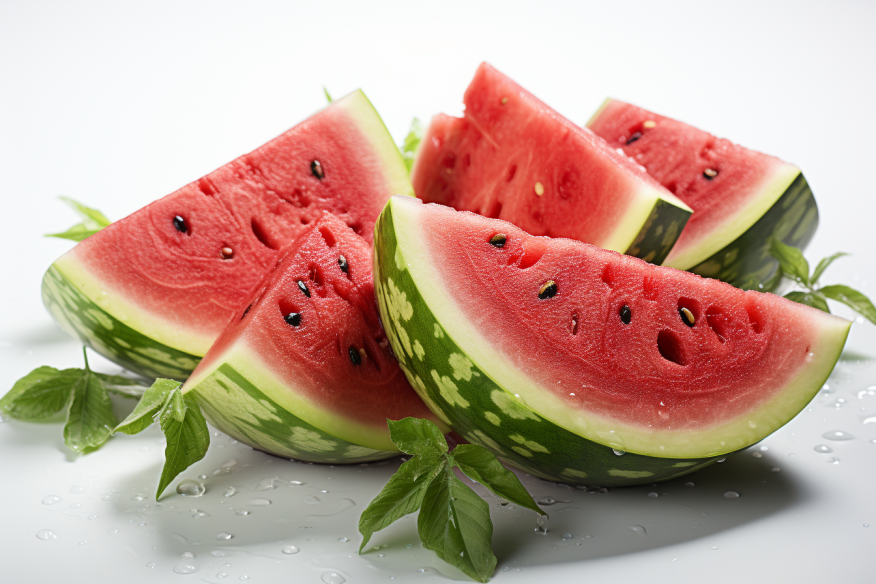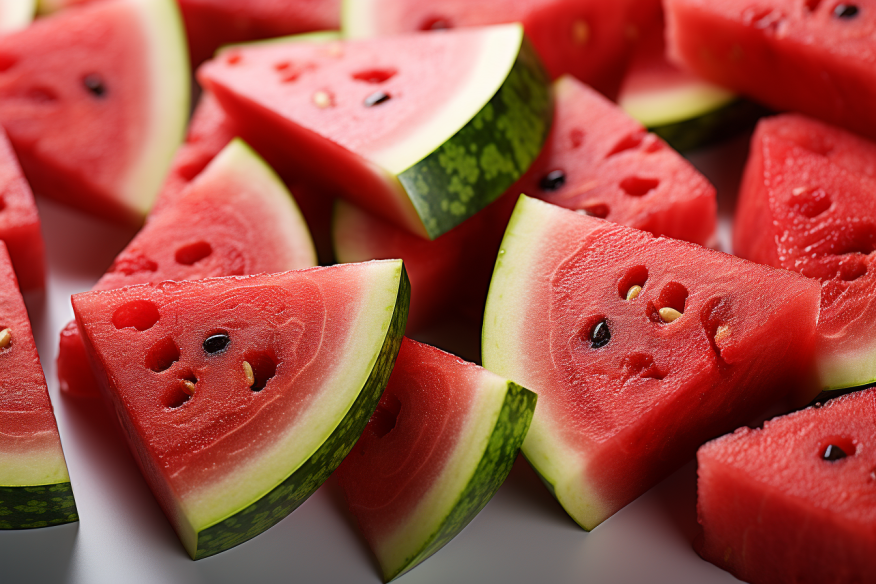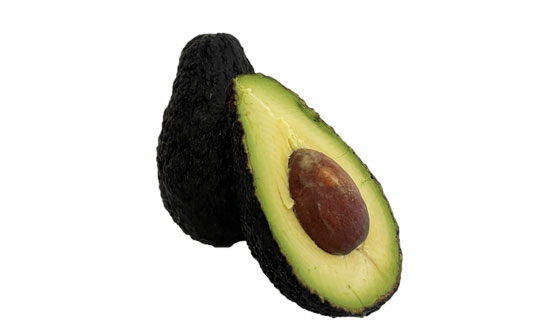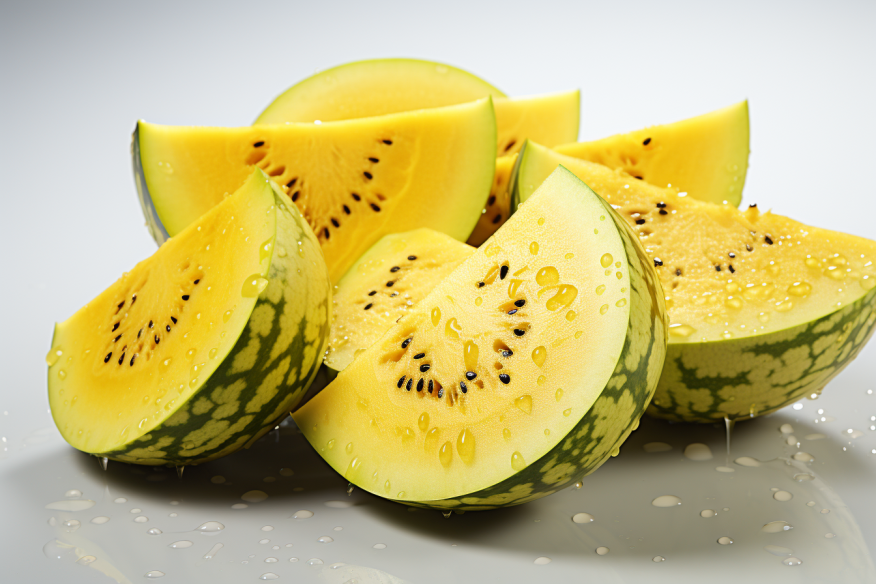
Watermelon is a refreshing and delicious fruit that evokes images of summertime picnics and backyard barbecues. While it may seem like a common fruit found in many parts of the world, the question arises: Is watermelon exotic? In this article, we will delve into the origins of watermelon, its cultural significance, and explore some interesting facts about this juicy treat.
Origins of Watermelon:
Watermelon (Citrullus lanatus) is believed to have originated in Africa, specifically in the Kalahari Desert region. It is thought to have been cultivated as early as 4,000 years ago in ancient Egypt, where it was highly prized for its ability to provide hydration in the arid climate. From Egypt, watermelon spread across the Mediterranean region and eventually reached other parts of the world through trade and exploration.

Watermelon’s Cultural Significance:
Watermelon holds cultural significance in many countries around the world. In some cultures, it is associated with summer festivals and celebrations. In China, watermelon is a symbol of good luck and prosperity, often served during weddings and other festive occasions. In the United States, watermelon is synonymous with Independence Day, where it is enjoyed in large quantities during picnics and outdoor gatherings.
Interesting Facts about Watermelon:
- Size and Weight: Watermelons come in various sizes, ranging from small ones that fit in the palm of your hand to giant varieties that can weigh over 100 pounds (45 kilograms).
- Nutritional Benefits: Watermelon is not only hydrating but also packed with essential vitamins, minerals, and antioxidants. It is a good source of vitamin C, vitamin A, potassium, and lycopene, which is known for its potential health benefits.
- Seedless Varieties: Seedless watermelons have become increasingly popular. They are the result of cross-breeding and have smaller, undeveloped seeds or no seeds at all.
- Varieties and Colors: Watermelon comes in a range of colors, including the classic red flesh, as well as yellow, orange, and even white. Each variety offers a slightly different flavor profile.
- High Water Content: As the name suggests, watermelon is composed of about 92% water, making it a hydrating fruit choice, especially during hot summer months.
Conclusion:
In conclusion, watermelon can be considered exotic in terms of its origins and cultural significance. Originally hailing from Africa, this juicy fruit has become a beloved part of cuisines and traditions around the world. Its refreshing taste, vibrant colors, and hydrating properties make it a popular choice during summer. So, the next time you bite into a slice of watermelon, savor the exotic flavors and appreciate the fascinating journey of this delightful fruit.


